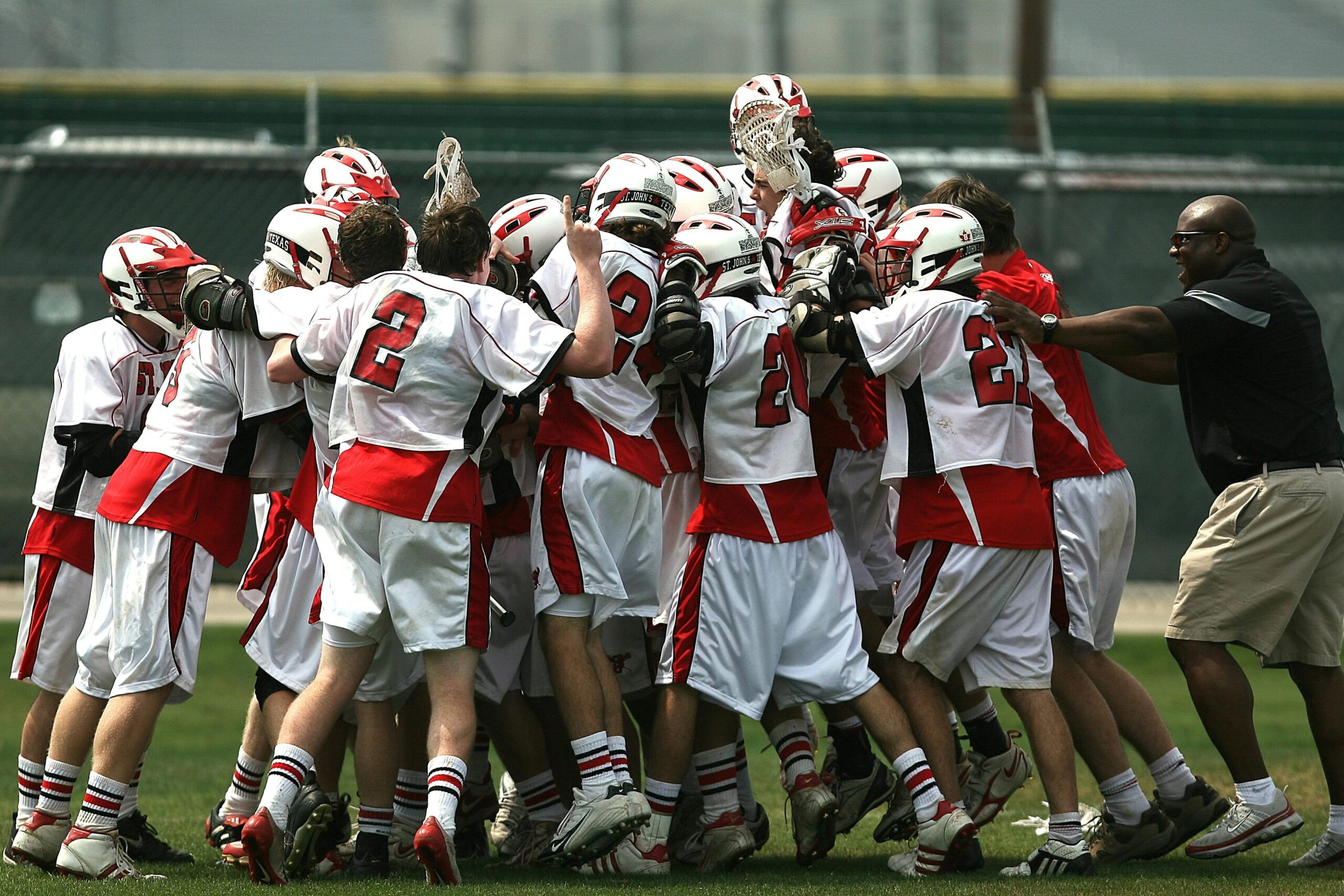Consistency and reliability are two of the most crucial traits for any athlete at any age. Missing games not only affects your performance but also impacts team chemistry and your personal reputation. Here’s how you can ensure you never miss a game and consistently show up ready to perform.
Create and Maintain a Reliable Schedule
Making sure to always have a schedule that includes all your games, practices, and other commitments is the first and easiest step to making sure that you never miss a game. Use a calendar on any device or planner to keep track of important dates, and set reminders and alerts for upcoming games to make sure you never overlook a scheduled match.
- Tip: Sync your calendar with your phone and set notifications for a day before and an hour before each game.
Stay in Peak Physical Condition
Maintaining peak physical condition is essential for avoiding injuries and illnesses that could prevent you from playing for any amount of time. Follow a well-balanced diet, get good sleep, and stick to a consistent training regimen. Regularly consult with healthcare professionals, such as doctors, nutritionists, and physiotherapists, to address any health concerns promptly.
- Diet: Incorporate lean proteins, whole grains, fruits, and vegetables into your meals.
- Sleep: Aim for 7-9 hours of quality sleep each night.
- Training: Follow a structured training plan that includes rest days to prevent burnout.
Communicate with Coaches
Staying in constant communication with your coaches is vital. Inform them in advance of any scheduling conflicts or issues that might affect attendance. Giving a heads-up helps with planning and ensures you have the necessary support to manage your commitments.
- Tip: Use email or team communication apps to keep your coaches updated regularly.
Ensure Reliable Transportation
Reliable transportation to and from games is another crucial factor. Plan your travel arrangements well in advance, considering factors such as traffic, weather, and travel time to your destination. If you rely on public transportation or carpooling, make sure that you have a backup option in case of delays or cancellations.
- Tip: Have a list of alternative routes and contact numbers for backup transportation options.
Prepare Your Gear the Night Before
Always have your gear ready the night before a game. Double-check that you have all the necessary equipment, including uniforms, shoes/cleats, and any other accessories that you may use.
- Checklist: Create a checklist for your gear and go through it before every game.
Address Personal Issues Proactively
Address personal issues to prevent them from interfering with your athletic commitments. Communicate with your parents, friends, and coaches to manage personal obstacles without missing games.
- Tip: Seek help or advice early if personal issues arise that might affect your game attendance.
Foster a Positive Mindset
A positive mindset and mental resilience are super important for overcoming challenges that might prevent you from playing. Allow yourself to stay motivated while setting clear goals and focusing on your passion for the sport.
- Mindfulness: Practice mindfulness and positive self-talk to stay mentally strong.
Regularly Check and Adjust Your Schedule
Regularly check your schedule to ensure you’re not burning yourself out. Prioritizing your games and practices ensures you’re always ready to perform.
- Review: Weekly reviews of your schedule can help you stay on top of any upcoming commitments or changes.
Building Consistency and Reliability
By following these strategies, you can ensure you never miss a game and consistently show up ready to perform. Being reliable and prepared not only makes you a better athlete but also builds respect among your teammates and coaches. Consistency in attendance and performance can significantly enhance your athletic career and contribute to overall team success.
For more resources and support, visit Athletes Untapped.




